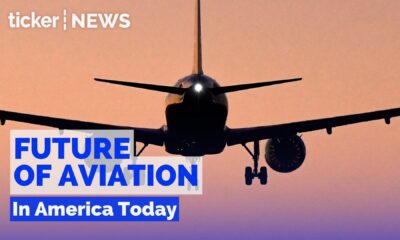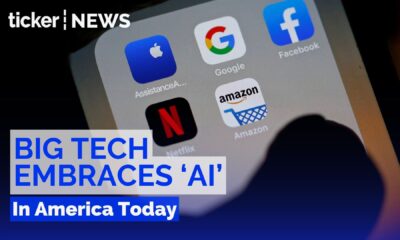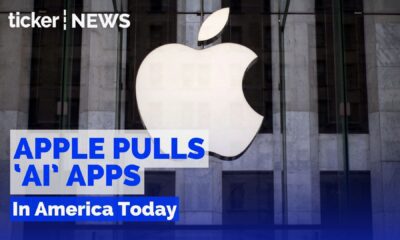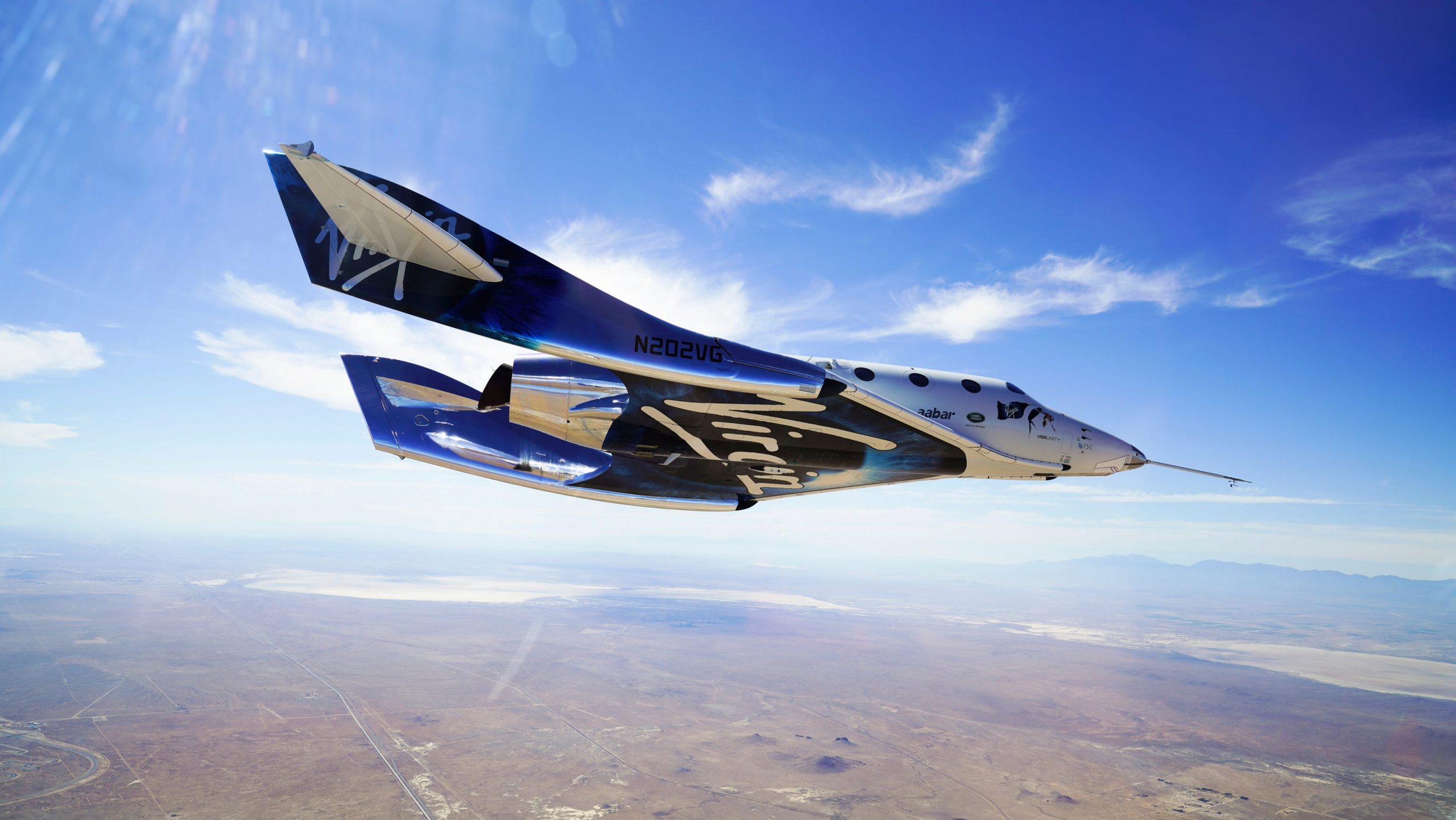Richard Branson’s long-anticipated venture, Virgin Galactic, achieved a significant milestone as it carried its first group of tourists to the edge of space.
The event marked Branson’s inaugural customer flight after facing years of delays, heralding the beginning of Virgin Galactic’s offering of monthly space rides. This achievement places Virgin Galactic alongside Jeff Bezos’ Blue Origin and Elon Musk’s SpaceX in the competitive space tourism industry.
The successful flight saw the rocket soaring into space with a select group of passengers, including a former British Olympian and a mother-daughter duo from the Caribbean. This monumental step forward signifies the company’s readiness to offer its commercial space travel services to the public.
Jon Goodwin, a remarkable 89-year-old athlete who competed in canoeing during the 1972 Olympics, was among the first ticket buyers back in 2005 when the ticket prices were a modest $200,000. The cost of a ticket has since surged to a staggering $450,000. Accompanying Goodwin on this historic journey were Keisha Schahaff, a 46-year-old health coach from Antigua, and her 18-year-old daughter, Anastatia Mayers, a student at the University of Aberdeen in Scotland.
Amid the cheers of onlookers at Spaceport America in the New Mexico desert, Goodwin shared his excitement, proclaiming, “That was by far the most awesome thing I’ve ever done in my life.” The mother-daughter duo made a triumphant return, exchanging high-fives and fist pumps with the elated crowd.
Gender balance
Remarkably, the flight marked a significant achievement in gender balance, with women outnumbering men onboard, a rare occurrence in spaceflight history.
The spaceplane’s journey extended approximately 15 minutes, reaching a height of 55 miles. Although this marked Virgin Galactic’s seventh space journey since 2018, it was the company’s first voyage with a paying customer. Notably, Richard Branson himself joined the first full-size crew ride in 2021, demonstrating his commitment to the venture.
Branson’s innovative company had previously held a virtual lottery to select its first 50 customers, known as the Founding Astronauts. Given his age and Parkinson’s disease, Jon Goodwin was designated as the first passenger.
Following the successful flight, Richard Branson expressed his elation on Twitter, congratulating the commercial astronauts and warmly welcoming them to the exclusive space-travel “club.”
With about 800 individuals currently on Virgin Galactic’s waiting list, the demand for such experiences remains strong. The company’s achievement is a testament to the growing allure of space tourism and the technological advancements driving it.



 Docos2 days ago
Docos2 days ago


 Shows2 days ago
Shows2 days ago


 News2 days ago
News2 days ago


 Shows3 days ago
Shows3 days ago


 Money2 days ago
Money2 days ago


 News1 day ago
News1 day ago


 News2 days ago
News2 days ago


 News1 day ago
News1 day ago







